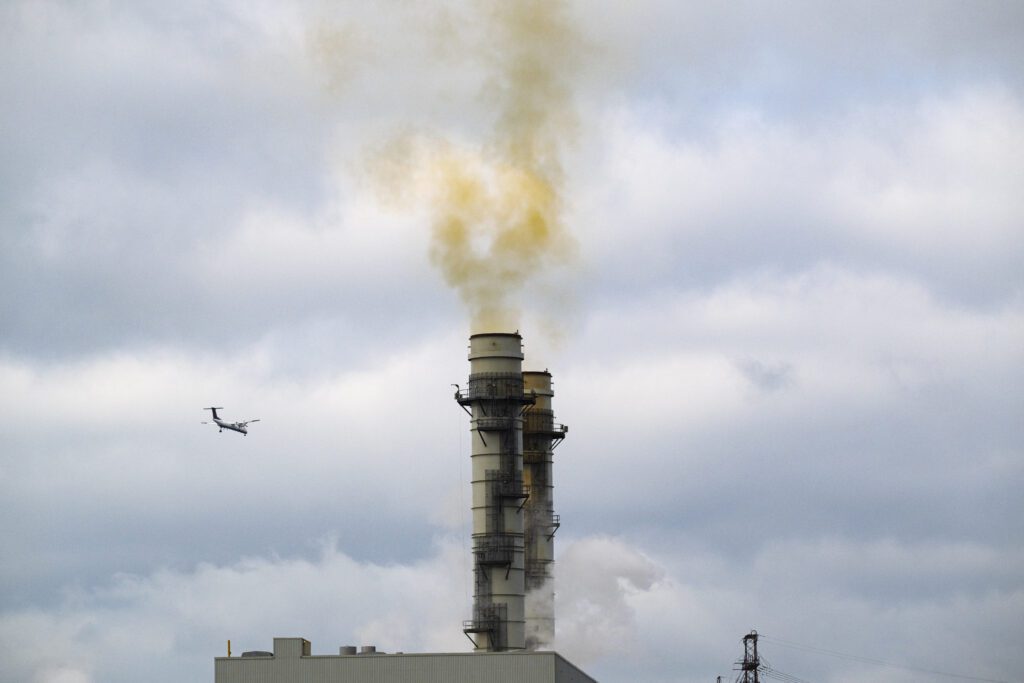The recent meeting in Vancouver between Prime Minister Justin Trudeau and the premiers showed that there is the potential for strong, comprehensive action on climate change in Canada but only if the federal government is willing to spend political capital to achieve it.
In many ways, the Vancouver Declaration made by the Prime Minister and the provinces was historic. The federal government and all provincial and territorial premiers agreed that tackling climate change was less expensive than inaction and that Canada should support the Paris Agreement that strives to decarbonize the global economy and limit warming to 1.5 degrees Celsius. They also agreed that governments should meet Canada’s existing commitment but that greater levels of ambition are needed, and that putting a price on carbon—making industry, governments, and individuals pay for their carbon emissions, which incentivizes the use of clean energy—is an essential element to climate change action. Taken together, it is the most ambitious statement ever made by governments representing all Canadians.
The agreement is not just a statement of principles. It is intended to result in concrete, meaningful action. The declaration included the launch of a 6-month process to hear from Canadians, consult with stakeholders, and develop policies in four areas: reducing carbon emissions, implementing carbon pricing, fostering innovation and job creation in clean technology, and adapting to the impacts of climate change.
And yet, anyone who followed the discussions leading up to and in Vancouver knows that major challenges, even roadblocks, stand in the way. As was expected, not every premier was on board with every proposal. The issue that got the most attention from the media was carbon pricing, with at least two premiers vocally opposing the notion of making fossil fuels more expensive. Even progressive provinces who already have carbon pricing policies in place were resistant to a pan-Canadian minimum carbon price if it was higher than their existing one or if applied on top by the federal government.
Prime Minister Trudeau no doubt expected this. He must have known that even his collaborative approach to provincial discussions and his sunny demeanour wouldn’t convince 13 provinces and territories to agree to all of his ambitions.
Now the way forward is clear: either all provinces and territories see the wisdom in setting a level playing field and taking strong and decisive action on climate change or the federal government must use its authority to set strong policies – even if it ruffles a few feathers. The third option – a toothless, lowest-common-denominator approach to climate action – would ensure that Canada once again reneges on global commitments and remains an international pariah on climate change. Worse still, this time we’d be reneging on an agreement Canada championed just a few months ago, the Paris climate agreement.
Based on public comments, I think the Prime Minister Trudeau and the federal Minister of Environment and Climate Change, Catherine McKenna, know this. Both the Prime Minister and Minister McKenna have stated through the media that the federal government may have to impose its will to get provinces to act together. Minister McKenna has already signalled that the reference to a greater level of ambition in the Vancouver Declaration means a stronger carbon reduction target.
But it’s not just on targets and carbon pricing that the federal government can show leadership and bring the provinces on board. The federal government can use the Canadian Environmental Protection Act to regulate carbon emissions from polluting sectors—as the previous government did. Borrowing from Alberta’s new climate plan, phasing out coal-fired power across Canada by 2030 and setting regulations to reduce methane emissions from the oil and gas sector are two initiatives that could be expanded to include all provinces and territories.
We will know in the fall when the 6-month process comes to a close whether the federal government will use its jurisdictional authority to bind the country together to act boldly on climate change, or whether it will simply accept the insufficient commitments already made by the provinces. In the meantime, Canadian citizens should get ready to tell the federal government to act. Town halls are likely to come to your community soon and we’ll be sure to let you know how you can make your voice heard.








